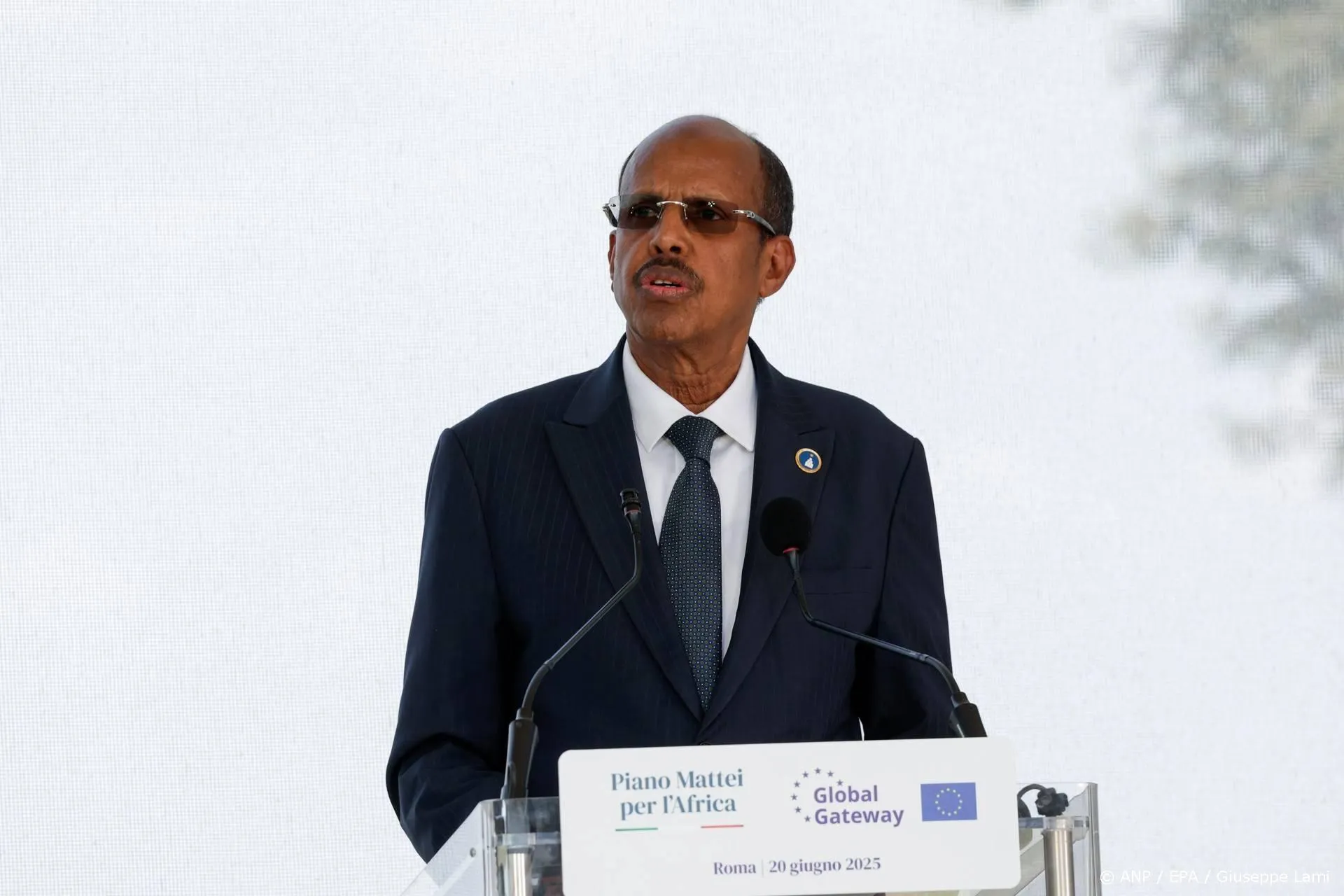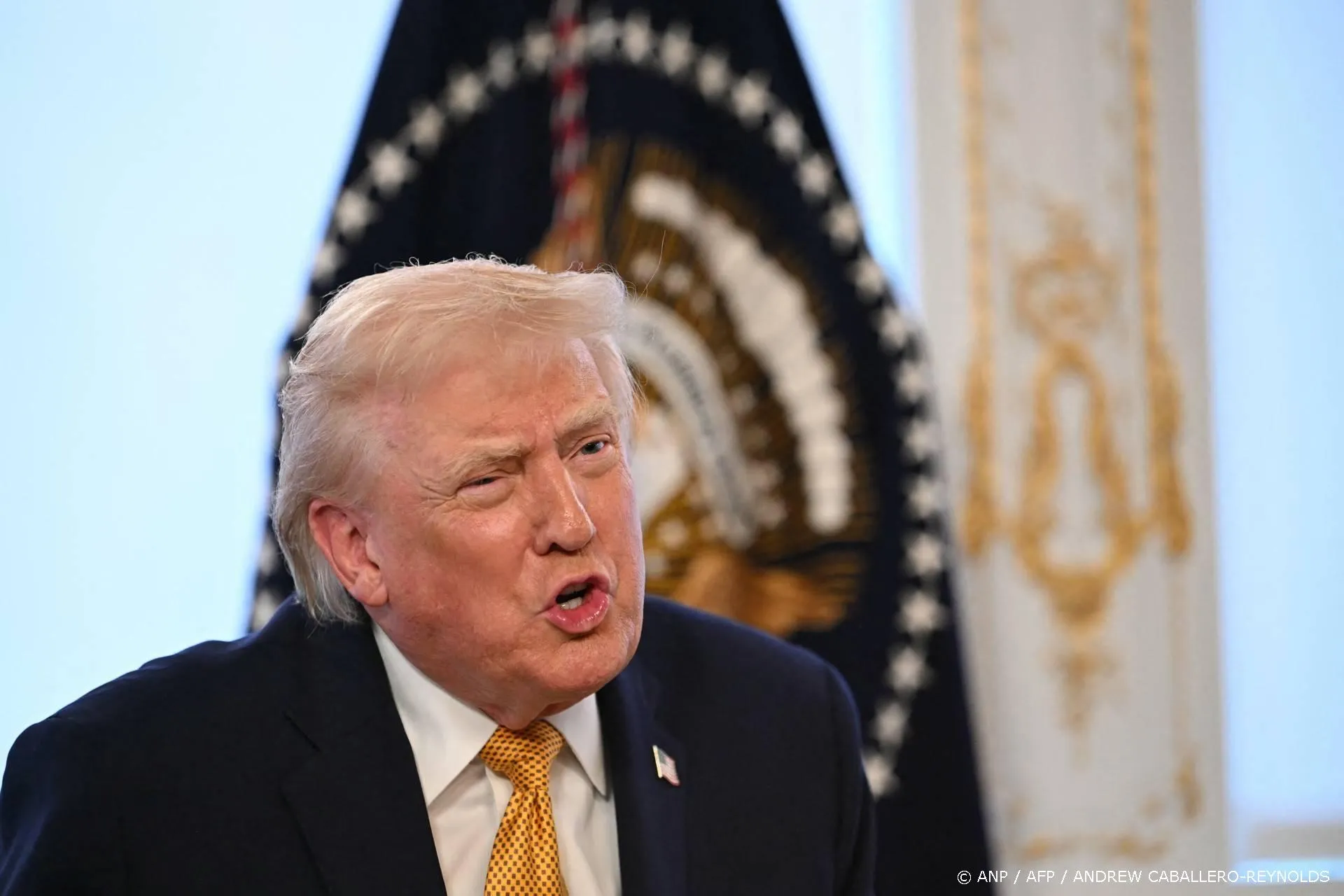EU-energiebeleid in staat van ontbinding?
Als er een prijs zou bestaan voor het meest stompzinnige beleid aller tijden, zou het Europese energiebeleid, dat in het teken staat van decarbonisering, waarschijnlijk zéér hoog scoren.
Onder de titel, 'The fate of the EU carbon market hangs in the balance', schreef Sonja van Renssen in de onvolprezen 'European Energy Review' over de laatste stand van de discussie binnen de EU over de toekomst van het energiebeleid en in het bijzonder het ETS (European CO2 Emissions Trading Scheme).
A fierce debate is going on in Brussels over what to do about the ETS. Unfortunately, this debate has opened up deep divisions: within the European Commission, between the Member States and within industry. Thus, the Climate and Energy departments of the Commission are (apparently) at loggerheads, the UK has announced it will introduce a carbon price floor whereas Poland may want to get rid of the EU's 2008 climate and energy package altogether, and energy companies are asking the European Commission to step in and boost CO2 prices as soon as possible, whereas the energy-intensive industry insists that no political intervention is called for.
If European policymakers do not intervene soon in the EU's emission trading scheme, Europe's flagship climate policy risks sinking into oblivion. This is bad news when debate is just beginning over a new EU climate and energy package for 2030. If the EU ETS cannot deliver, what should lie at the heart of this new package? A carbon tax? A myriad of national policies? To save the ETS, many stakeholders - including energy companies - are advocating a "set-aside", or one-off removal of carbon allowances from the market, to raise the CO2 price. Others want a complete overhaul of the system.
The fate of the ETS currently hangs in the balance in the EU. Confusion reigns. The UK has already decided to introduce its own carbon price floor. Poland is reportedly in talks with one of Brussels' biggest consultancies about how to dismantle the EUs 2008 climate and energy package. The energy-producing industry is at loggerheads with the energy-consuming industry. The Commission's climate department, primarily responsible for the ETS, says it is in a period of "internal reflection" and cannot comment.
Het is verbazingwekkend dat energiebedrijven dit spel meespelen. Ze zouden beter moeten weten.
Enel is part of a growing list of companies including Eon, Shell, CEZ, Dong and Alstom, as well as trade association Eurelectric, which is convinced policymakers must intervene directly in the ETS in the short-term to secure its future. There are differences of opinion over whether action should take effect before or after 2020, but all agree that a decision on what to do must come within months rather than years.
Wat gaat er nu verder gebeuren?
After the informal environment and energy ministerial meetings next week, the next important milestones for the set-aside will be formal meetings of these two groups in June. So far, unusually, its been energy ministers who have had to take the issue on because the European Parliament introduced a call for the set-aside into the draft energy efficiency directive last December. This means its currently part of these negotiations. But with fierce debate raging over most of this directive, the set-aside may prove too much to handle on top. Denmark wants to close a deal on the energy efficiency directive by the end of its EU presidency in June. What could happen is that energy ministers write a separate note on the set-aside taking it out of the energy efficiency discussion but calling on the Commission to look into it. This would probably boot it back onto its home turf, the environment council.
At stake in all of this is nothing less than the future of the ETS and European climate policy. The ETS needs to be at the heart of the 2030 climate package, emphasises Scott. The energy and industrial sectors wanted a pan-European market-based mechanism and got it. If they're not careful they will lose it in the end. They might get a carbon tax instead.
Lees verder hier.
Deze hele discussie heeft een hoog Alice-in-Wonderland gehalte. Het gaat slechts om uitvoeringsmodaliteiten. Door alle heisa daarover is men gewoon vergeten waarom het oorspronkelijk was te doen: het voorkomen van die verschrikkelijke opwarming van de aarde door de menselijke uitstoot van CO2. Maar die opwarming wil maar niet komen, ondanks de stijging van de CO2-concentratie in de atmosfeer (door wat voor oorzaak dan ook). En zelfs als die opwarming wèl zou hebben plaatsgevonden, conform de modellen van het VN-klimaatpanel (IPCC), zou het ETS daarop toch geen meetbaar effect hebben gehad.
Ik herhaal het nog maar eens.
Citaat:
In December 1997, Vice President Al Gore asked U.S. Global Change Research Program (USGCRP) scientists to calculate the effects of the implementation of the draft Kyoto Treaty. Tom Wigley [later bekend uit het Climategate-schandaal], one of the program's most prolific authors, responded: 'If all of the nations of the world do what they said they would, the earth's temperature in 2050 will be 0.07°C cooler than it would be if we had done nothing.'
Dit brokje cruciale informatie valt echter nog steeds onder de omerta van de klimatologen (in overheidsdienst) en is dus niet algemeen bekend bij beleidsmakers en het publiek. Zou dit wel het geval zijn geweest, dan zouden we nu niet zijn opgescheept met een geldverslindend klimaatbeleid dat geen enkel meetbaar effect heeft.
Het klimaatbeleid vergt grote offers van de samenleving. In zijn onlangs verschenen boek, 'Klimaatbeleid in Eurocrisistijd', stelt (em.) prof. dr. Pieter Lukkes vast dat:
'...Den Haag niet bereid of in staat is om de kosten van het klimaatbeleid inzichtelijk te maken.' (blz. 173).
Op grond van eigen berekeningen schrijft hij:
'Dat het volledige prijskaartje [mitigatie plus adaptatie] wel eens een bedrag tussen 20 miljard en 30 miljard/jaar kan vermelden ' (blz. 185).
Ondertussen blijft de EU maar lijden aan een ernstige vorm van cognitieve dissonantie. Mijn enige hoop dat de Europese beleidsmakers weer bij zinnen komen, is gevestigd op de opkomst van schaliegas en de weigering van Moeder Natuur om zich te conformeren aan de apocalyptische klimaatmodellen van het IPCC. Maar één ding heb ik inmiddels wel geleerd: onderschat nooit de kracht en stupiditeit van groepsdenken binnen de EU.
Ga verder met lezen
Dit vind je misschien ook leuk
Laat mensen jouw mening weten
Lees ook
Loading


